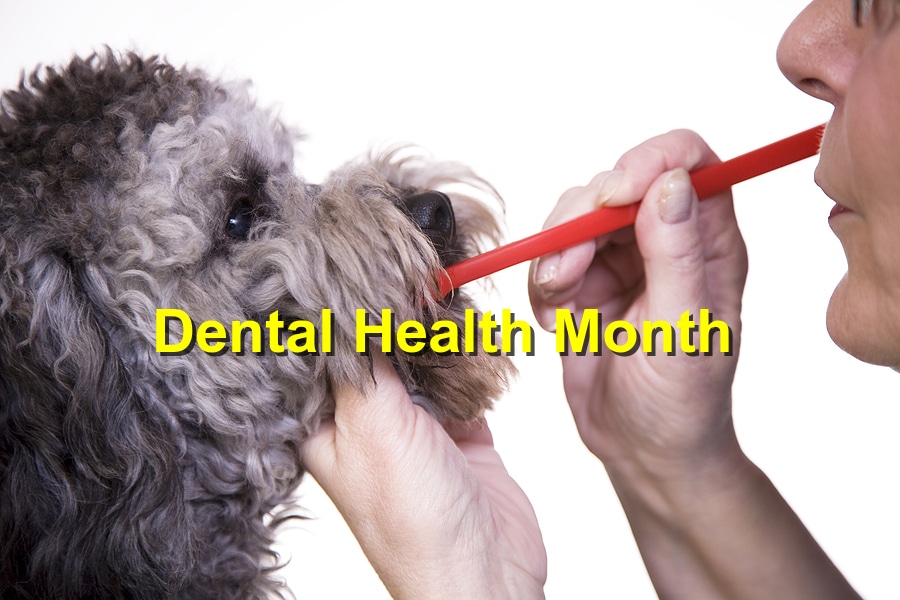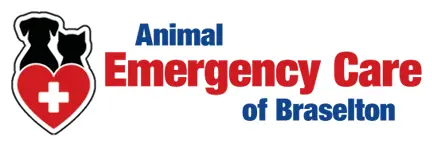Dental Health Month emphasizes the critical significance of oral care for our beloved dogs and cats. Just like humans, pets require proper dental hygiene to maintain overall health. Here’s why dental care is crucial for our furry friends and how to ensure their oral health is in top shape.
1. Dental Diseases in Pets: Dental issues are prevalent in pets, often overlooked but potentially harmful. Periodontal disease, gingivitis, tartar buildup, and tooth decay can lead to pain, infections, and even organ damage if left untreated.
2. Impact on Overall Health: Poor oral health doesn’t just affect the mouth; it can impact a pet’s overall well-being. Bacteria from dental issues can enter the bloodstream, potentially causing heart, kidney, or liver complications.
3. Signs of Dental Problems: Pets often hide discomfort, but there are visible signs of dental issues. Watch for symptoms like bad breath, swollen gums, difficulty eating, pawing at the mouth, or reluctance to chew hard food.
4. Importance of Regular Brushing: Establishing a regular dental care routine is crucial. Brushing your pet’s teeth with a pet-specific toothbrush and toothpaste helps prevent plaque buildup and maintains gum health.
5. Dental-Friendly Diets and Treats: Certain diets and dental chews or treats are formulated to promote oral health by reducing tartar and plaque. Look for products approved by veterinary dentists to aid in dental care.
6. Professional Dental Cleanings: Routine dental check-ups and professional cleanings by a veterinarian are essential. These cleanings involve scaling, polishing, and identifying potential dental issues before they worsen.
7. Chew Toys and Dental Toys: Chew toys designed to promote dental health help in removing plaque and massaging gums. Ensure toys are the right size and toughness to avoid any risks of choking or tooth damage.
8. Preventive Measures: Preventive care is key. Start oral hygiene routines early in your pet’s life to accustom them to teeth brushing and regular inspections.
9. Veterinary Guidance: Consult your vet for guidance on oral care products, dental exams, and suitable treatments for your pet’s specific dental needs.
10. Pet-Specific Oral Hygiene: Avoid using human toothpaste or DIY remedies for pets; these can be harmful. Use vet-recommended toothpaste and dental care products specifically formulated for dogs or cats.
11. Promoting Awareness: Dental Health Month serves as an opportunity to spread awareness. Educate fellow pet owners on the importance of oral care and its impact on a pet’s overall health.
Caring for your pet’s dental health is an integral part of responsible pet ownership. By implementing regular dental care routines, providing appropriate dental treats/toys, and seeking professional veterinary care, you can ensure your furry companion maintains a healthy mouth and a happier, healthier life. Celebrate Dental Health Month by prioritizing your pet’s oral care and well-being for a lifetime of healthier smiles.
References: SantaMonicaPets, OVCHealth





